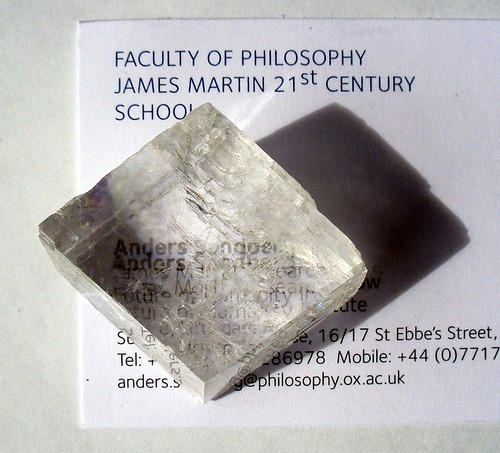Marble Can Be Formed Into What Kind Of Sedimentary Rock

As you can see from the picture marble has a very sparkly luster.
Marble can be formed into what kind of sedimentary rock. Sedimentary and igneous rocks began as something other than rock. Marble is strong and can be polished to a beautiful luster. Examples of such kind of rocks include pumice basalt or obsidian. Sedimentary rocks are secondary formed materials since they are made up from the buildup of weathered and eroded pre existing rocks.
Metamorphic rocks are often made from other types of rock. Even rocks a seemingly constant substance can change into a new type of rock. For example shale a sedimentary rock can be changed or metamorphosed into a metamorphic rock such as slate or gneiss. In precise sedimentary rocks are formed from sediment deposits.
There are a number of different ways these types of sedimentary rocks can be formed. When a volcano erupts. Over time and with continual pressure sedimentary rocks transform from debris into solid rocks or rock formations. In the rock cycle there are three different types of rocks.
Chert is a sedimentary rock composed mostly of the mineral chalcedony cryptocrystalline silica in crystals of submicroscopic size. When limestone a sedimentary rock gets buried deep in the earth for millions of years the heat and pressure can change it into a metamorphic rock called marble. Every rock grain initially separated from other rocks. When the heat and pressure hits the limestone calcite seed crystals form.
It is widely used for buildings and statues. Because marble is a fairly soft material only a three on the mohs hardness scale it is easy to cut and carve. Other examples of metamorphic rocks include marble anthracite soapstone and schist. Marble is a metamorphic rock formed when limestone is subjected to high pressure or heat.
This type of sedimentary rock can form in parts of the deep sea where the tiny shells of siliceous organisms are concentrated or elsewhere where underground fluids replace sediments with silica. From natural causes to chemical interactions rocks are broken down or built up in various ways. In its pure form marble is a white stone with a crystalline and sugary appearance consisting of calcium carbonate caco 3 usually marble contains other minerals including quartz graphite pyrite and iron oxides these minerals can give marble a pink brown gray green or variegated coloration. With continued metamorphism these crystal seeds grow while any clay deposits in the limestone transform into silicate structures such as mica.
Image via earth physics teaching. Igneous rocks igneous rocks are formed by volcanoes. Marble is a metamorphic rock that forms when limestone is subjected to the heat and pressure of metamorphism. It is composed primarily of the mineral calcite caco 3 and usually contains other minerals such as clay minerals micas quartz pyrite iron oxides and graphite under the conditions of metamorphism the calcite in the limestone recrystallizes to form a rock that is.
Rocks that undergo a change to form a new rock are referred to as metamorphic rocks.













































